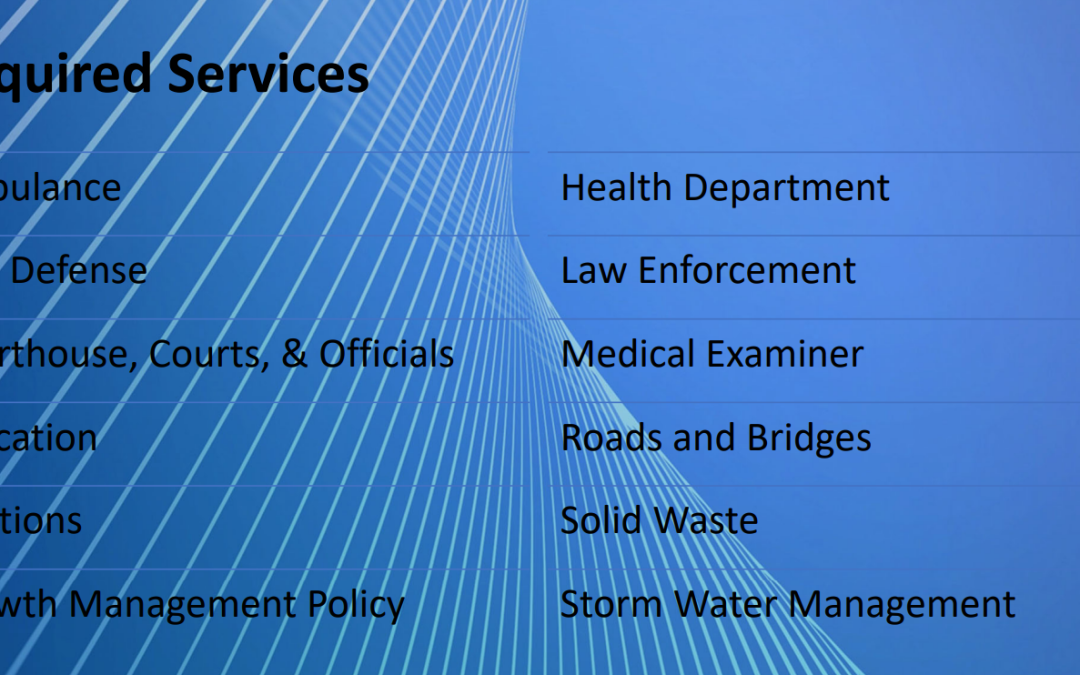How do we slow growth, raise revenue, improve infrastructure, and build new schools (or provide a public education) without a significant increase in property taxes?
This is a question that has been asked by politicians and citizens alike for many years. The answer is not easy, but there are a number of things that can be done to address this issue.
One way to slow growth is to implement zoning laws that restrict the amount of development that can occur in a particular area. This can help to prevent the overcrowding and congestion that often comes with rapid growth.
Another way to slow growth is to raise impact fees. Impact fees are fees that are charged to developers to offset the costs of new development. These fees can be used to fund infrastructure improvements, such as roads, schools, and parks. In Tennessee impact fees are generally reserved to municipalities. Counties may elect to impose them but only with permission to do so from the Tennessee General Assembly.
In addition to these measures, it is also important to make sure that the government is efficient and that it is not wasting taxpayer money. By making government more efficient, we can free up resources that can be used to fund important priorities, such as infrastructure improvements and education.
This means that a county government should look long and hard before providing services above and beyond their limited statutory mandate. A wise person cautions that, “if you buy what you don’t need, the time will come you will need things you can’t buy.”
Finally, it is important to remember that growth is not always a bad thing. Growth can bring new jobs, new businesses, and new opportunities to a community. However, it is important to manage growth in a way that does not place an undue burden on taxpayers. By taking the steps outlined above, we can slow growth, raise revenue, improve infrastructure, and build new schools (or provide a public education) without a significant increase in property taxes.

